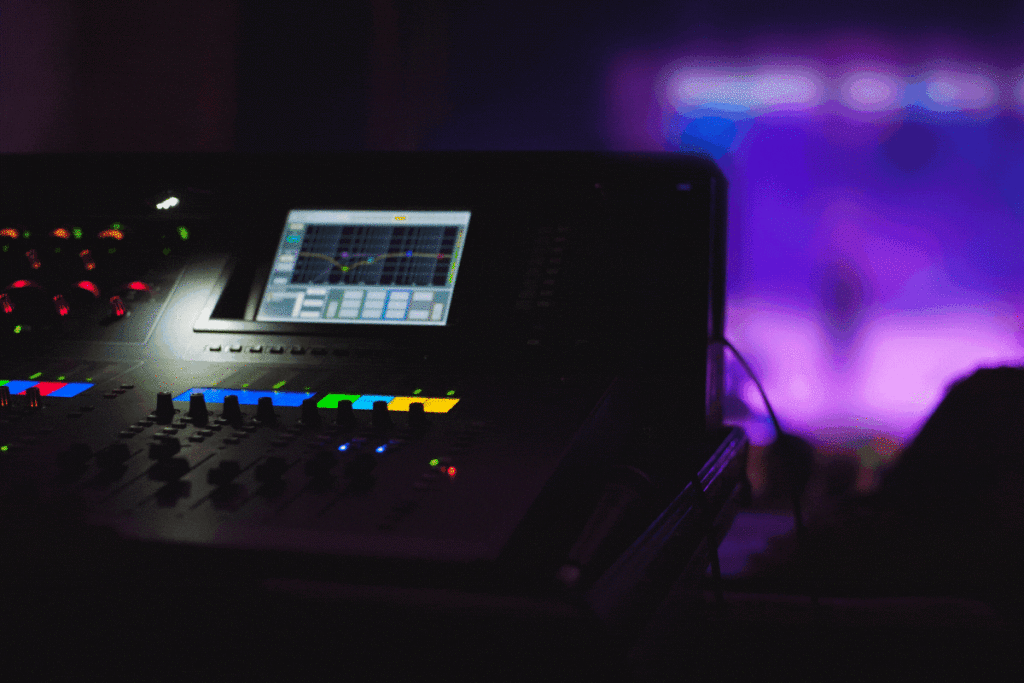The World of Television Sound Design
The world of television sound design is an exciting and dynamic field that requires a unique set of skills and expertise. Whether you’re just starting out or looking to advance your career, there are many paths you can take to become a successful television sound designer. In this article, we’ll explore what it takes to succeed in this field and provide some essential tips and insights to help you achieve your goals.
What Does a Television Sound Designer Do?
Before we dive into the specifics of becoming a television sound designer, let’s first define what this role entails. In short, a television sound designer is responsible for creating and implementing the audio elements of a TV show. This can include everything from sound effects and music to dialogue and voiceovers.
The sound designer works closely with the director and producer to ensure that the audio elements of the show are aligned with the creative vision and goals of the production. This involves not only creating and recording sound effects and music but also mixing and editing the final audio tracks to ensure that they are of the highest quality.
Skills and Qualifications
To succeed as a television sound designer, you’ll need a combination of technical skills, creativity, and attention to detail. Here are some of the key skills and qualifications that are essential for this role:
- Technical expertise: You’ll need to be proficient in a range of software and hardware tools used in sound design, such as Pro Tools, Logic Pro X, and Ableton Live.
- Creativity: As a sound designer, you’ll be responsible for creating unique and compelling audio elements that help bring a TV show to life. This requires a high level of creativity and imagination.
- Attention to detail: Sound design is a meticulous process that requires a keen attention to detail. You’ll need to be able to focus on small nuances and make precise adjustments to ensure that the final audio tracks are perfect.
- Communication skills: You’ll need to be able to communicate effectively with other members of the production team, including directors, producers, and editors.
- Education and training: While a degree in sound design or a related field is not always required, it can be helpful in developing the necessary skills and expertise to succeed in this field.
How to Become a Television Sound Designer
If you’re interested in becoming a television sound designer, here are some steps you can take to get started:
- Build a strong foundation in sound design: Start by learning the basics of sound design, including the software and hardware tools used in the industry. Consider taking courses or workshops in sound design to develop your skills.
- Gain experience: Look for opportunities to gain hands-on experience in sound design, such as internships or entry-level positions at production companies.
- Network: Build relationships with other professionals in the industry, including directors, producers, and editors. Attend industry events and conferences to meet new people and learn about new opportunities.
- Stay up-to-date: Keep up with the latest trends and developments in sound design by reading industry publications and attending workshops and seminars.
- Consider further education: If you’re looking to advance your career in sound design, consider pursuing a graduate degree or certificate program in the field.
Conclusion
Becoming a television sound designer requires a unique set of skills and expertise, including technical proficiency, creativity, attention to detail, and communication skills. If you’re interested in pursuing a career in this field, consider taking courses or workshops in sound design, gaining hands-on experience, networking with other professionals, keeping up-to-date with industry trends, and pursuing further education.
One option for further education is the NYU Film and TV Industry Essentials online course and certificate program. This program provides a comprehensive overview of the film and television industry, including sound design, and is taught by leading industry professionals. Consider enrolling in this program to gain the skills and knowledge you need to succeed in the dynamic and exciting field of television sound design.








